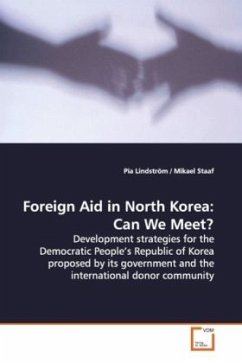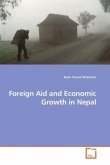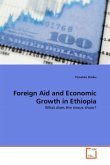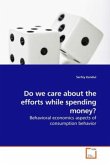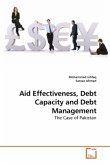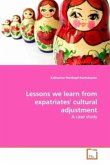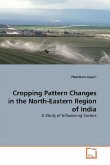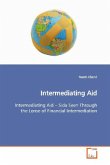In the mid-1990s the outside world responded to a
severe famine hitting North Korea and started
assisting several millions of people. In September
2005 the North Korean government announced that the
international humanitarian assistance was no longer
desired. This resulted in a large gap between the
type of assistance North Korea wanted to receive,
and the assistance that the international donor
community was prepared to provide to the country.
The empirical evidence of this study, collected
during a field trip of three weeks to North Korea in
2006, identifies the development strategies of the
respective parties. The study evaluates the realism
of the two parties development strategies,
resulting in an analysis of when and where there is
room for North Korea and the international donor
community to agree on foreign assistance to the
country. The precarious conditions of the North
Korean people call for continued efforts to solve
the current situation and reduce the gap between the
North Korean government and foreign donors. This
underlines the need for academics, policy makers and
aid workers to deepen our understanding of when and
where we can meet.
severe famine hitting North Korea and started
assisting several millions of people. In September
2005 the North Korean government announced that the
international humanitarian assistance was no longer
desired. This resulted in a large gap between the
type of assistance North Korea wanted to receive,
and the assistance that the international donor
community was prepared to provide to the country.
The empirical evidence of this study, collected
during a field trip of three weeks to North Korea in
2006, identifies the development strategies of the
respective parties. The study evaluates the realism
of the two parties development strategies,
resulting in an analysis of when and where there is
room for North Korea and the international donor
community to agree on foreign assistance to the
country. The precarious conditions of the North
Korean people call for continued efforts to solve
the current situation and reduce the gap between the
North Korean government and foreign donors. This
underlines the need for academics, policy makers and
aid workers to deepen our understanding of when and
where we can meet.

